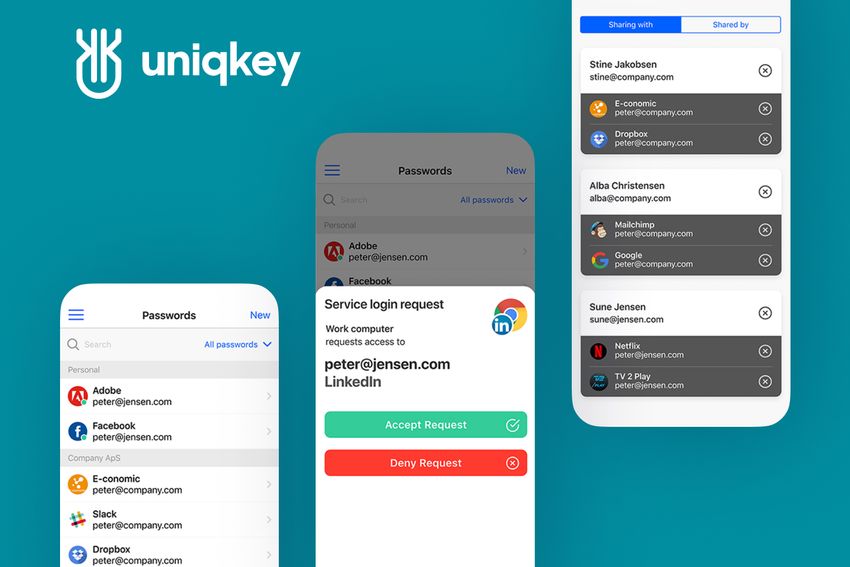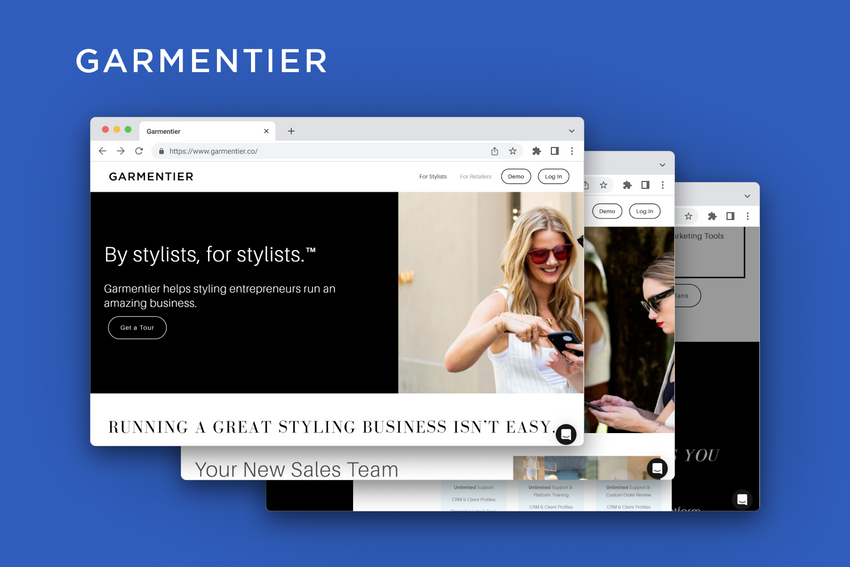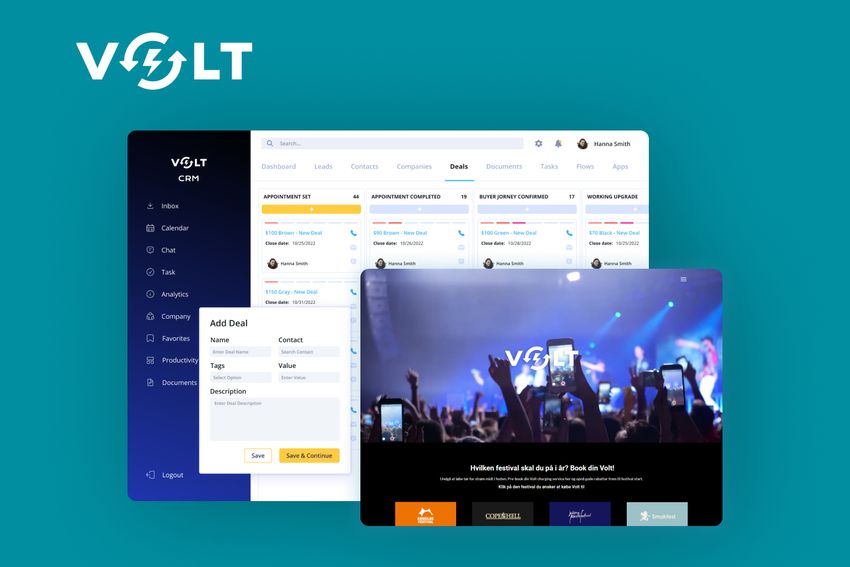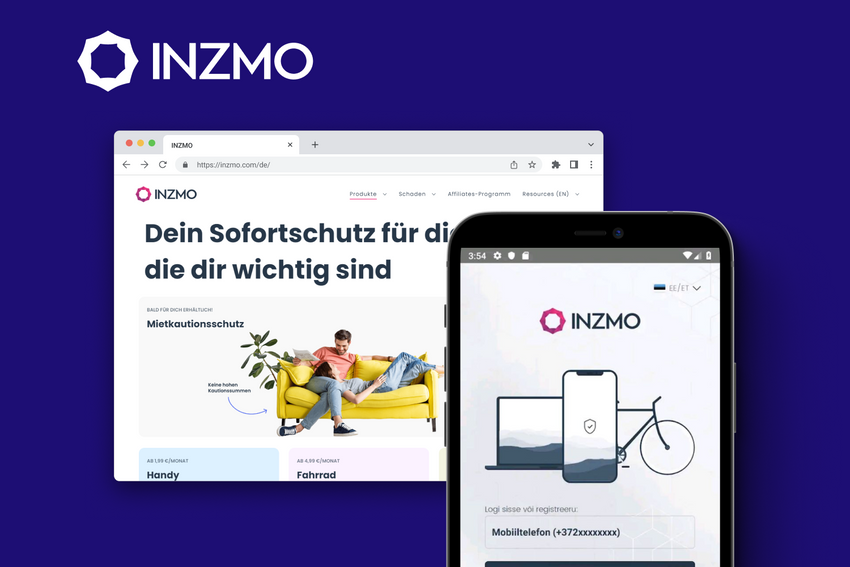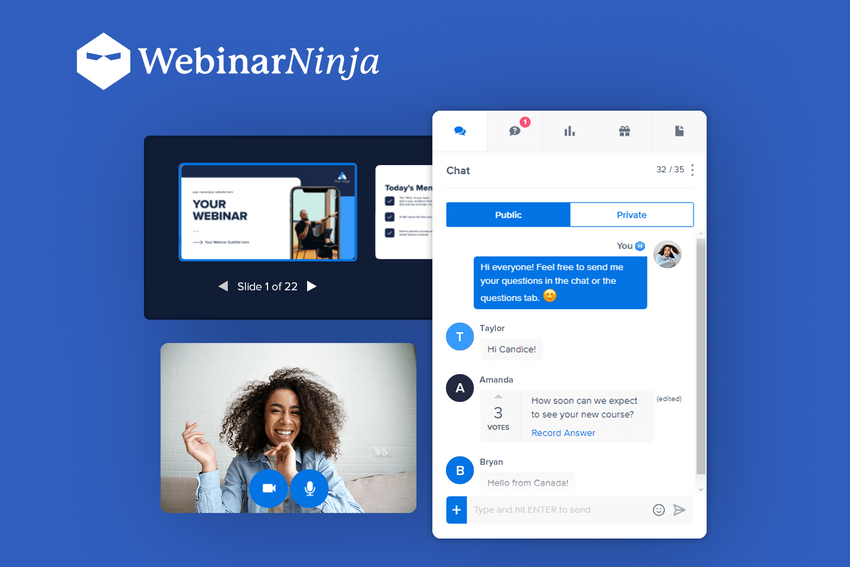ESG Software in 2026: The Future of Sustainable Business Tech
Explore the future of ESG software, with such trends as AI-driven analytics, blockchain transparency, and IoT integration, that will drive sustainability and compliance in 2026.
The world is shifting: sustainability, governance, and ethical responsibility are no longer just buzzwords - they’re core business imperatives. As investors, consumers, and regulators demand greater transparency and accountability, businesses must step up — and ESG (Environmental, Social, and Governance) software is the key to making it happen.
In 2026, ESG technology will be smarter, more automated, and deeply integrated into corporate strategies. From AI-powered carbon footprint tracking to real-time compliance monitoring, the next generation of ESG software is set to revolutionize how companies measure, manage, and report their impact.
So, what’s next for ESG software in 2026? Let’s dive into the cutting-edge trends, key benefits, and must-have features that will define the future of sustainable business technology.
What is ESG?
ESG (Environmental, Social, and Governance) is a framework used to assess a company's impact on the world — beyond just financial performance. It focuses on how businesses operate ethically, sustainably, and responsibly, influencing everything from investor decisions to brand reputation.
Here’s what ESG stands for:
✅ Environmental (E): How a company impacts the planet
- Carbon footprint and greenhouse gas emissions
- Energy efficiency and renewable energy use
- Waste management and resource conservation
- Climate risk mitigation and sustainability initiatives
✅ Social (S): How a company treats people
- Employee well-being and diversity
- Labor policies and human rights protections
- Customer satisfaction and ethical sourcing
- Community engagement and philanthropy
✅ Governance (G): How a company operates transparently
- Leadership ethics and board diversity
- Anti-corruption and compliance policies
- Data privacy and cybersecurity
- Fair executive compensation and shareholder rights
Companies with strong ESG strategies don’t just do good for society — they reduce risks, attract investors, and future-proof their business. Now, let’s explore how ESG is revolutionizing the way businesses track and manage sustainability in 2026.
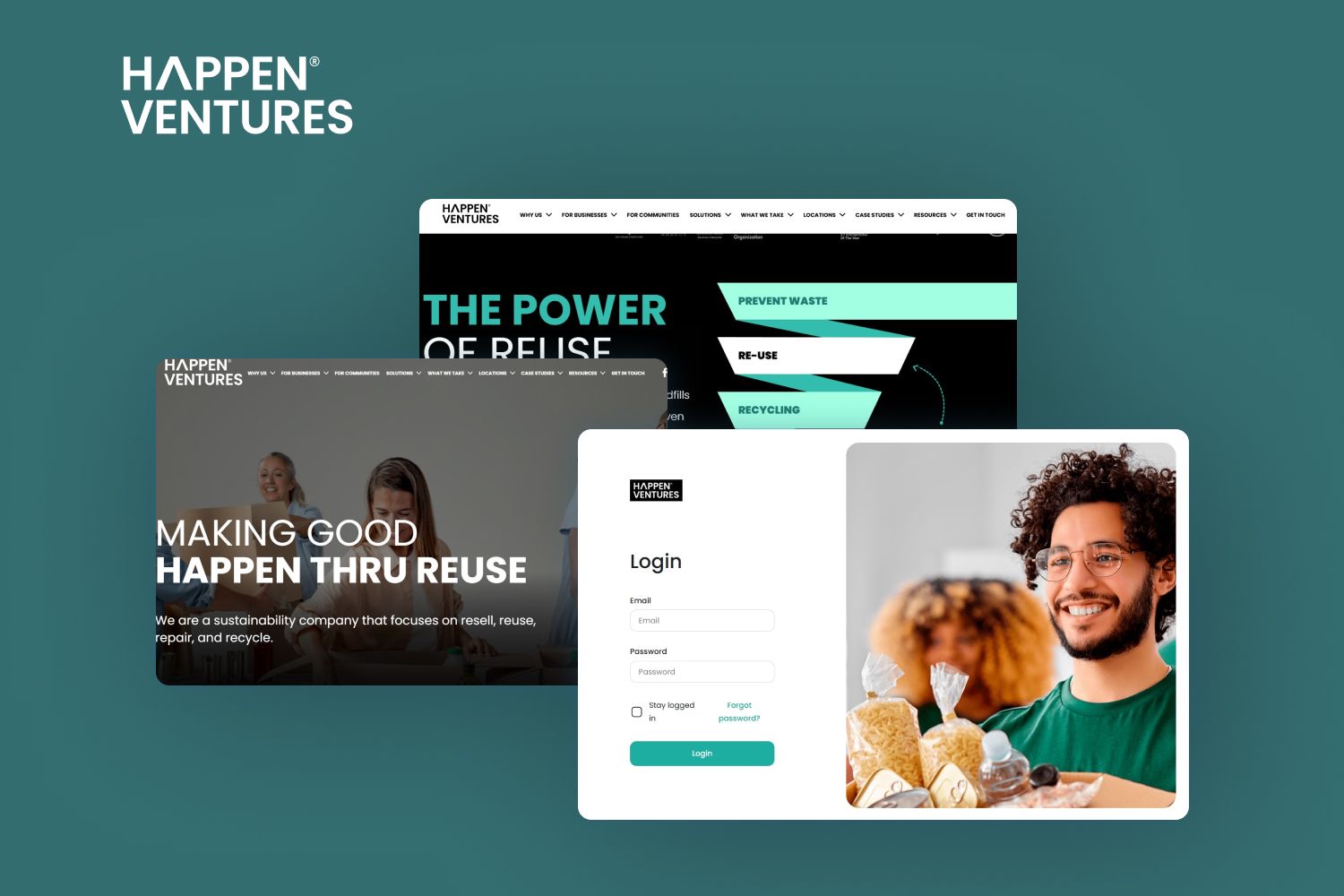
The Benefits of ESG Software
As ESG reporting becomes a business imperative, companies can no longer afford to rely on spreadsheets and manual tracking. ESG offers a centralized, automated solution that simplifies data collection, ensures compliance, and provides actionable insights. Here’s how it helps businesses navigate the complexities of sustainability and governance.
Efficient Data Management
Managing ESG data manually is time-consuming, error-prone, and inefficient. ESG software automates data collection, categorization, and storage, ensuring accuracy and reducing administrative burdens. It integrates with various internal systems to pull real-time data on emissions, resource consumption, workforce diversity, and governance policies, providing a single source of truth for ESG performance.
Robust Reporting Tools
With regulatory frameworks evolving, companies must provide detailed reports on their environmental and social impact. ESG streamlines reporting by automating data aggregation, generating compliance-ready reports, and aligning with global standards such as the Global Reporting Initiative (GRI), Task Force on Climate-related Financial Disclosures (TCFD), and the Sustainability Accounting Standards Board (SASB). This reduces the risk of errors and ensures businesses meet regulatory requirements efficiently.
Enhanced Communication with Stakeholders
Investors, regulators, customers, and employees increasingly expect transparency in corporate ESG efforts. ESG software provides intuitive dashboards and customizable reporting features that allow businesses to share key metrics with stakeholders in real time. This builds trust and strengthens a company’s reputation as a sustainability leader.
Data-Driven Decision-Making
ESG transforms raw data into actionable insights. By leveraging AI-driven analytics and predictive modeling, companies can identify trends, measure the impact of sustainability initiatives, and optimize resource allocation. This enables leadership teams to make informed, strategic decisions that align with long-term ESG goals.
Risk Mitigation
Environmental, social, and governance risks can have significant financial and reputational consequences. ESG software helps identify, assess, and manage potential risks—from climate-related supply chain disruptions to compliance violations. By providing early warnings and risk scenario analysis, businesses can proactively address challenges before they escalate.
Benchmarking and Performance Tracking
To stay competitive, companies must measure their ESG performance against industry standards and peers. ESG software enables businesses to benchmark their progress, compare metrics with competitors, and track year-over-year improvements. This allows companies to set realistic targets and continuously enhance their sustainability strategies.
The 10 Best ESG Software Solutions in 2026
With the growing demand for transparency and sustainability, ESG solutions have become essential for businesses looking to manage their environmental, social, and governance initiatives efficiently. The following top ESG platforms in 2026 offer powerful data management, reporting, and analytics tools to help companies meet regulatory requirements and drive sustainability efforts.
1. Workiva – Leading ESG Reporting and Compliance Software
Workiva provides a comprehensive cloud-based platform for ESG reporting, financial disclosures, and risk management. It integrates seamlessly with multiple data sources and ensures alignment with global ESG frameworks, including GRI, SASB, and TCFD.
Top features:
- AI-driven reporting
- real-time collaboration
- integrated risk management
Best for: Large enterprises needing automated compliance reporting
2. Novata – ESG Data Platform for Private Markets
Novata specializes in ESG data management for private equity firms, investors, and asset managers. It offers a structured data collection and benchmarking system that allows firms to measure and report ESG performance effectively.
Key features:
- Standardized ESG metrics
- Benchmarking
- secure investor reporting
Best for: Private equity, venture capital, and institutional investors
3. Diligent – Advanced ESG Risk and Governance Management
Diligent provides a board governance and ESG tracking platform that helps companies stay compliant with corporate governance regulations while monitoring ESG risks. It offers audit-ready reporting and AI-driven analytics.
Key features:
- AI-powered risk detection
- board engagement tools
- automated compliance workflows
Best for: Organizations focusing on corporate governance and board oversight
4. IBM Envizi – AI-Powered ESG Data and Sustainability Management
IBM Envizi is a sustainability performance management tool designed to streamline carbon accounting, energy consumption tracking, and emissions reduction efforts. It integrates with AI-powered predictive analytics to help businesses achieve their goals.
Key features:
- sustainability data collection
- AI-driven analytics
- regulatory compliance reporting
Best for: Companies focused on carbon footprint reduction and environmental impact
5. Benchmark ESG – Operational Sustainability and Risk Management
Benchmark ESG provides a comprehensive suite of tools for managing environmental health, safety, and sustainability (EHS&S). It enables organizations to track compliance goals and risk mitigation strategies.
Key features:
- Incident tracking
- KPI dashboards
- regulatory compliance tools
Best for: Manufacturing, energy, and industries with complex EHS&S compliance needs
6. AuditBoard – ESG Risk and Compliance Platform
AuditBoard offers a risk management platform that integrates ESG tracking with internal audits and financial controls. It provides businesses with real-time ESG data visualization and risk reporting.
Key features:
- ESG risk assessment
- internal audit automation
- sustainability tracking
Best for: Companies needing audit-ready ESG compliance tools
7. Workday – Integrated HR, Finance, and ESG Performance Management
Workday, known for its HR and financial management software, has expanded into ESG performance tracking. The platform enables companies to align ESG goals with financial and workforce planning, offering a holistic approach.
Key features:
- workforce sustainability metrics
- financial-ESG integration
- automated reporting
Best for: Enterprises looking for an integrated ESG and financial planning solution
8. MSCI – ESG Ratings and Sustainable Investing Platform
MSCI provides ESG data analytics and risk assessment tools tailored for investors, asset managers, and corporations. It offers detailed ESG ratings, company benchmarking, and compliance insights.
Key features:
- ESG scoring
- financial risk modeling
- regulatory compliance tools
Best for: Institutional investors and corporations tracking sustainability performance
9. Prophix One – ESG-Integrated Financial Planning Software
Prophix One brings ESG and financial performance together by allowing businesses to incorporate sustainability goals into their financial planning and forecasting. It provides AI-powered budgeting and scenario analysis tools to assess long-term ESG impact.
Key features:
- AI-driven financial analysis
- ESG scenario modeling
- budgeting
Best for: Companies needing financial forecasting integrated with ESG reporting
10. Persefoni – Carbon Accounting and Climate Disclosure Platform
Persefoni is a climate risk and carbon accounting software that helps companies measure, report, and reduce their carbon footprint. It supports global standards such as TCFD, GHG Protocol, and SEC climate disclosures.
Key features:
- carbon footprint tracking
- emissions reduction insights
- regulatory disclosures
Best for: Businesses focused on carbon accounting and climate impact reporting
How to Choose the Best ESG Reporting Software?
The best software depends on your company's specific needs, industry, and sustainability goals. The ideal solution should streamline data collection, ensure compliance, and integrate seamlessly with existing systems. Here are the key factors to consider when choosing the best ESG reporting software in 2026.
1. Advanced Data Processing
Efficient software should be able to collect, organize, and analyze vast amounts of ESG data from multiple sources, including internal operations, supply chains, and third-party reports. Look for software that:
- Automates real-time data collection from various business units
- Supports structured and unstructured data processing
- Ensures data accuracy and consistency across reports
- Offers AI-driven analytics to identify trends and insights
2. Streamlined ESG Reporting
Regulatory compliance is becoming more complex, requiring businesses to follow multiple ESG standards such as GRI, SASB, TCFD, and CSRD. A strong ESG platform should:
- Automate reporting to reduce manual effort
- Provide customizable report templates aligned with global ESG frameworks
- Offer audit-ready reports that ensure transparency for investors and regulators
- Support multi-format exports (PDF, Excel, online dashboards) for stakeholder presentations
3. Seamless Integration with Existing Systems
ESG reporting should not function in isolation. The software should integrate smoothly with enterprise resource planning (ERP), customer relationship management (CRM), financial reporting, and supply chain management systems to create a unified ESG strategy. Look for:
- API connectivity with other enterprise software solutions
- Cloud-based architecture for scalability and accessibility
- Compatibility with carbon accounting, HR, and compliance platforms
- Third-party data integration for real-time monitoring of ESG risks
4. User-Friendly Interface and Accessibility
A complex ESG reporting process should not be made harder by a complicated platform. The right software should be intuitive and easy to use for both ESG specialists and non-technical stakeholders. Key features to look for:
- Intuitive dashboards for real-time performance tracking
- Role-based access controls to ensure secure data management
- Drag-and-drop report builders for easy customization
- Multi-device compatibility for mobile access
5. Scalability and Customization
As businesses expand their ESG initiatives, the software should be able to grow with them. The best ESG solutions:
- Allow custom metric tracking based on industry needs
- Scale from small businesses to large enterprises
- Support multi-location and multi-entity reporting
6. Risk Management and Compliance Monitoring
A strong ESG platform should help businesses identify potential risks and proactively address compliance challenges. Consider software that:
- Provides real-time ESG risk alerts
- Includes built-in regulatory tracking
- Uses predictive analytics to assess long-term risks
7. Cost and ROI Consideration
While ESG software is an investment, it should deliver measurable benefits in terms of efficiency, performance, and investor confidence. When evaluating solutions:
- Compare pricing models (subscription-based vs. one-time licenses)
- Assess ROI through efficiency gains and risk reduction
- Consider the long-term impact of ESG compliance
Thus, the right ESG reporting software should simplify compliance, enhance data accuracy, and provide valuable insights into a company’s sustainability performance. By choosing a solution that aligns with business goals, integrates seamlessly, and provides real-time analytics, companies can stay ahead in the rapidly evolving ESG landscape.
The Limitations of Off-the-Shelf ESG Software: Why Custom Solutions Win
While off-the-shelf software can provide a quick and structured way to manage data, it often falls short in meeting the unique needs of businesses. Companies operating in different industries, facing complex regulatory environments, or dealing with large volumes of ESG data frequently struggle with rigid, one-size-fits-all platforms:
1. Limited Flexibility and Customization
Off-the-shelf ESG platforms come with predefined features and reporting templates that may not fully align with a company’s specific ESG strategy, industry regulations, or operational workflows. These limitations can result in:
- Inability to track custom metrics beyond what’s built into the software
- Challenges in adapting the platform to regulatory changes across different regions
- Restricted integration with existing enterprise systems, such as ERP, HR, and supply chain software
✅ Why Custom ESG Software Wins:
A tailored solution ensures that every ESG metric, reporting requirement, and workflow aligns with your business model, allowing for full adaptability as your ESG strategy evolves.
2. Integration Challenges with Existing Systems
Many businesses already rely on financial reporting tools, supply chain management platforms, and business intelligence dashboards. Off-the-shelf ESG often lacks seamless integration with these systems, leading to:
- Data silos that make ESG tracking inefficient
- Manual data entry and reconciliation, increasing errors and compliance risks
- Inconsistent reporting, causing discrepancies in performance tracking
✅ Why Custom Software Wins:
A custom-built ESG solution can be designed to integrate effortlessly with your company’s existing tools, ensuring real-time data flow and a holistic approach to sustainability tracking.
3. Compliance Risks and Regulatory Gaps
ESG regulations vary across industries and regions, making compliance a moving target. Many off-the-shelf solutions offer generalized frameworks that may:
- Miss key requirements specific to your industry
- Fail to keep up with evolving global regulations
- Lack real-time monitoring and alerts for regulatory changes
✅ Why Custom ESG Wins:
A tailored ESG platform can be continuously updated to reflect changing standards and customized to meet industry-specific requirements, ensuring full regulatory adherence.
4. Scalability and Performance Limitations
As businesses grow, so do their ESG data needs. Off-the-shelf software may struggle to handle large-scale sustainability tracking, leading to:
- Slow data processing for high-volume organizations
- Limited expansion capabilities as ESG initiatives evolve
- Increased costs for adding new functionalities that weren’t included in the initial software package
✅ Why Custom Software Wins:
Custom ESG solutions are built with scalability in mind, ensuring high-performance data analytics, AI-driven automation, and seamless expansion capabilities.
5. Lack of Competitive Advantage
Sustainability is not just about compliance — it’s also a differentiator that sets businesses apart in the market. Off-the-shelf software provides the same tools to everyone, meaning:
- No unique insights or competitive edge over industry peers
- Limited ability to align ESG efforts with brand identity and corporate strategy
- Restricted data analytics capabilities, preventing deeper optimizations
✅ Why Custom Software Wins:
A custom ESG platform allows businesses to tailor their strategies, gain proprietary insights, and optimize ESG performance in a way that off-the-shelf tools simply can’t match.
While off-the-shelf software may seem like a convenient option, its lack of flexibility, integration challenges, compliance risks, and scalability limitations make it unsuitable for companies looking to truly lead in eco initiatives.
At Fively, we build custom ESG software solutions that empower businesses to go beyond basic compliance and turn sustainability into a strategic advantage. Whether you need real-time ESG analytics, tracking, or deep system integrations, our team is ready to deliver a tailored solution that meets your exact needs.
Our custom ESG solutions will provide you with:
- Full adaptability to unique ESG goals
- Seamless integration with business-critical systems
- Regulatory compliance tailored to industry needs
- Scalability and high-performance data analytics
- A true competitive edge in sustainability leadership
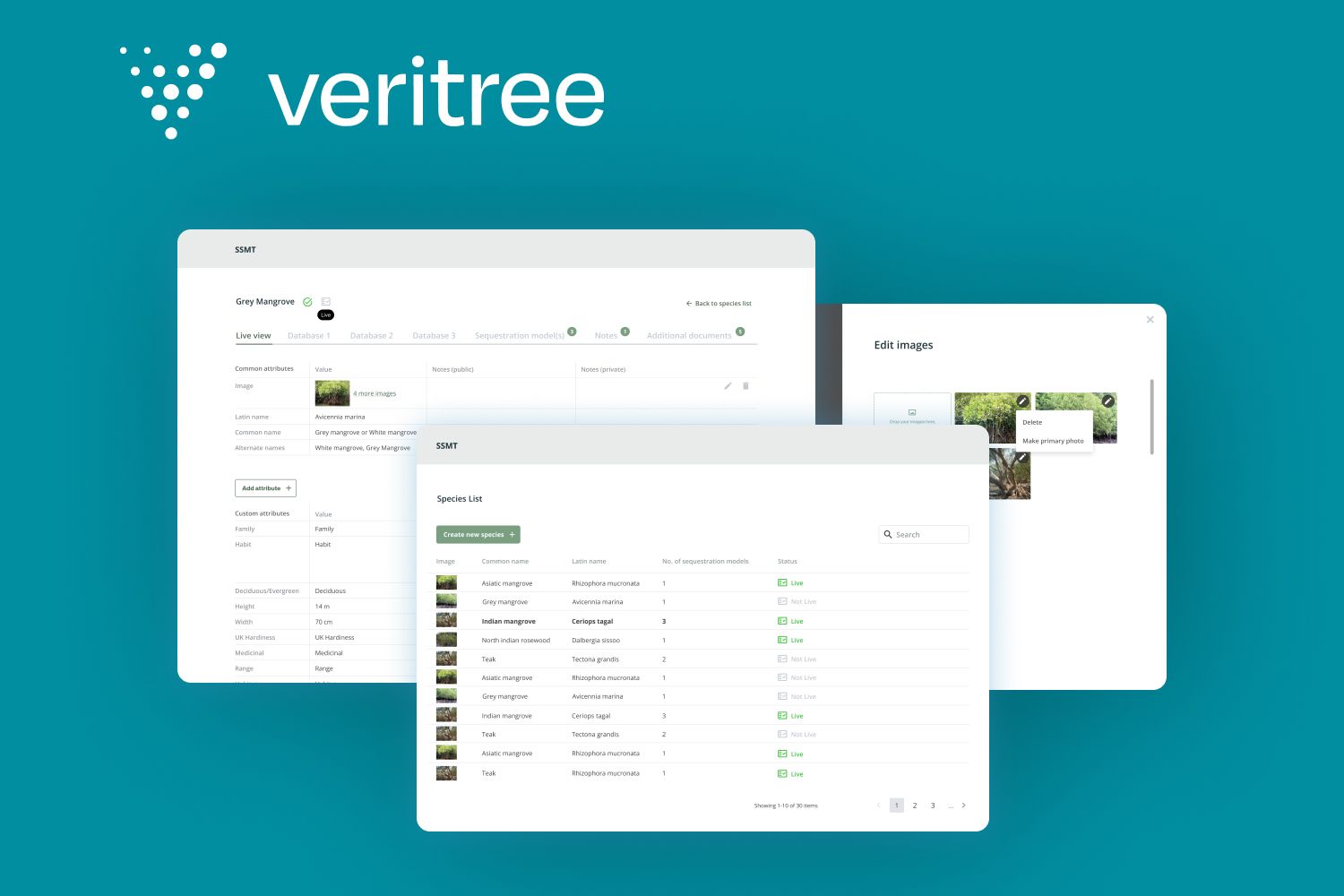
The Future of ESG Software: Driving Sustainability Through Innovation
As ESG regulations tighten and businesses face growing pressure from investors, customers, and governments, ESG software is evolving at a rapid pace. The next generation of ESG platforms will not only help organizations track and report sustainability efforts but also enable them to proactively manage risks, drive real impact, and integrate ESG into every aspect of their operations.
The future of ESG is smarter, more transparent, and deeply integrated into business strategy:
1. AI and Machine Learning for Predictive ESG Analytics
Future software will rely heavily on artificial intelligence (AI) and machine learning (ML) to provide real-time insights and predictive analytics.
2. Blockchain for Transparent and Tamper-Proof ESG Data
The trustworthiness of ESG data is becoming a major concern. Companies need to ensure that their metrics are accurate, auditable, and fraud-proof.
3. IoT and Smart Sensors for Real-Time Tracking
The Internet of Things (IoT) is set to revolutionize ESG monitoring by providing real-time environmental and operational data.
4. Automated Regulatory Compliance with Global ESG Standards
As ESG reporting frameworks become more complex, businesses will need solutions to keep up with evolving regulations.
5. ESG Integration Across Business Operations
In the future, ESG reporting will no longer be a standalone function—it will be deeply embedded in every aspect of business operations, from finance and HR to supply chain and product development.
As ESG continues to evolve, businesses need custom, future-proof solutions that fit their unique goals. At Fively, we specialize in building tailored ESG software that helps companies:
✅ Automate ESG data collection and reporting
✅ Integrate AI-driven analytics
✅ Enhance transparency with blockchain-powered ESG tracking
✅ Develop scalable, intuitive platforms for ESG compliance
Whether you need a carbon accounting tool, a sustainability performance dashboard, or a full-fledged ESG management system, Fively is ready to help you build the technology that drives real impact. Let’s build something great and environmentally friendly together!
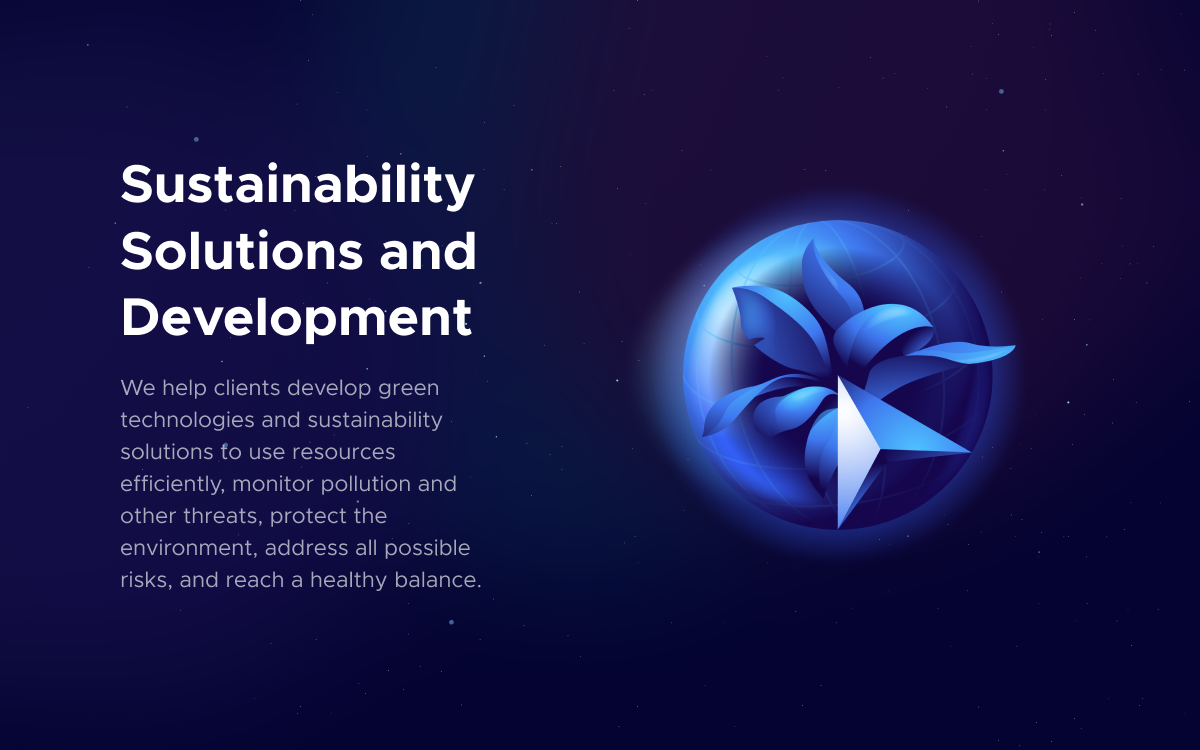
Need Help With A Project?
Drop us a line, let’s arrange a discussion





